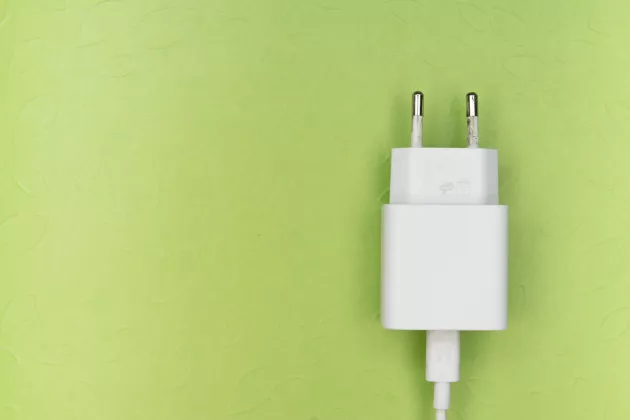Here you can see what applies to the storage, charging and handling of lithium-ion batteries at Lund University and thus at the Faculty of Medicine:
- Within Lund University's premises, staff and students are only allowed to charge electrical equipment provided by Lund University. The exception is private mobile phones and private laptops/tablets. Charging must be done with the intended charger.
- External parties may only connect equipment that is required to perform work for Lund University, such as charging screwdrivers or other equivalent equipment that requires a lithium-ion battery.
Lithium-ion batteries intended for means of transport or lithium-ion batteries larger than 10 Ah may not be charged, stored or otherwise handled within Lund University's premises in any other way than:
- Outdoors, at a safe distance from buildings, where charging devices and batteries are protected from the weather. Batteries should normally not be charged in sub-zero temperatures as this can damage the batteries. This needs to be taken into account if charging takes place outdoors.
It is also possible for faculties and other units within the university to provide safe charging and storage places for the larger lithium-ion batteries, such as batteries used in electric bicycles, but then these places must meet strict fire safety requirements. The faculty is now reviewing whether it would be possible to find such solutions for us, but until this is in place, outdoor storage applies according to the point above.


